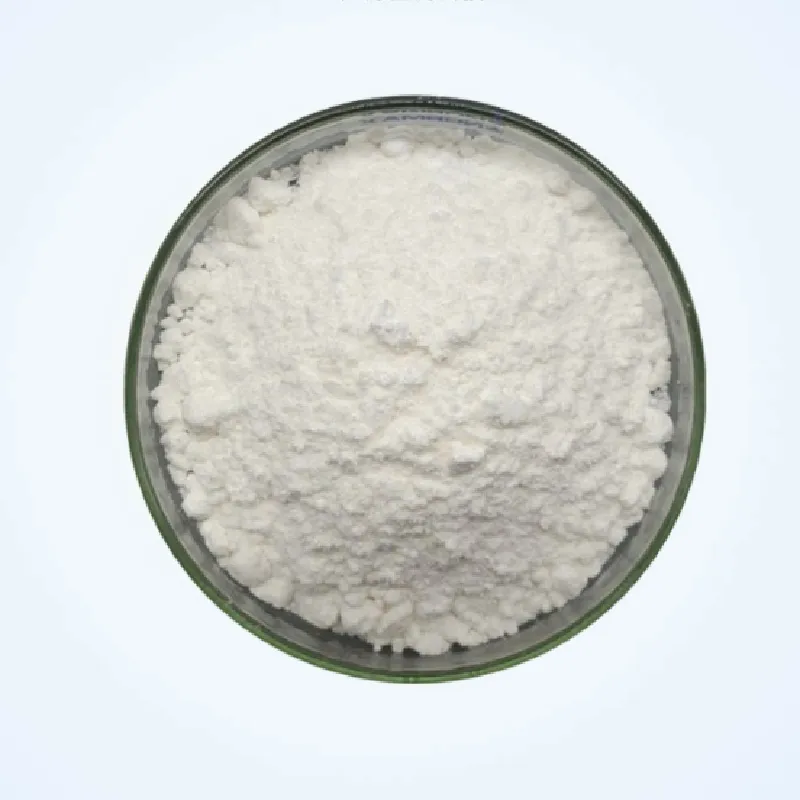Warning: Undefined array key "title" in /home/www/wwwroot/HTML/www.exportstart.com/wp-content/themes/1198/header.php on line 6
Warning: Undefined array key "file" in /home/www/wwwroot/HTML/www.exportstart.com/wp-content/themes/1198/header.php on line 7
Warning: Undefined array key "title" in /home/www/wwwroot/HTML/www.exportstart.com/wp-content/themes/1198/header.php on line 7
Warning: Undefined array key "title" in /home/www/wwwroot/HTML/www.exportstart.com/wp-content/themes/1198/header.php on line 7
- Afrikaans
- Albanian
- Amharic
- Arabic
- Armenian
- Azerbaijani
- Basque
- Belarusian
- Bengali
- Bosnian
- Bulgarian
- Catalan
- Cebuano
- China
- China (Taiwan)
- Corsican
- Croatian
- Czech
- Danish
- Dutch
- English
- Esperanto
- Estonian
- Finnish
- French
- Frisian
- Galician
- Georgian
- German
- Greek
- Gujarati
- Haitian Creole
- hausa
- hawaiian
- Hebrew
- Hindi
- Miao
- Hungarian
- Icelandic
- igbo
- Indonesian
- irish
- Italian
- Japanese
- Javanese
- Kannada
- kazakh
- Khmer
- Rwandese
- Korean
- Kurdish
- Kyrgyz
- Lao
- Latin
- Latvian
- Lithuanian
- Luxembourgish
- Macedonian
- Malgashi
- Malay
- Malayalam
- Maltese
- Maori
- Marathi
- Mongolian
- Myanmar
- Nepali
- Norwegian
- Norwegian
- Occitan
- Pashto
- Persian
- Polish
- Portuguese
- Punjabi
- Romanian
- Russian
- Samoan
- Scottish Gaelic
- Serbian
- Sesotho
- Shona
- Sindhi
- Sinhala
- Slovak
- Slovenian
- Somali
- Spanish
- Sundanese
- Swahili
- Swedish
- Tagalog
- Tajik
- Tamil
- Tatar
- Telugu
- Thai
- Turkish
- Turkmen
- Ukrainian
- Urdu
- Uighur
- Uzbek
- Vietnamese
- Welsh
- Bantu
- Yiddish
- Yoruba
- Zulu
Jul . 27, 2024 00:56 Back to list
Exploring the Use and Impact of Aspartame in Modern Sweeteners and Their Health Implications
Understanding Sweeteners Containing Aspartame
In recent years, the debate surrounding the use of artificial sweeteners has gained considerable attention, with aspartame often at the forefront of these discussions. Aspartame is a widely used low-calorie sweetener that is approximately 200 times sweeter than sugar. It is found in a myriad of food products, beverages, and even dietary supplements, making it a staple for those looking to reduce their sugar intake or manage their weight.
Aspartame is a compound formed from two amino acids phenylalanine and aspartic acid. These components are naturally occurring substances found in many protein-rich foods. Since its discovery in the 1960s, aspartame has been approved for use in many countries, including the United States, and is regulated by various food safety authorities such as the Food and Drug Administration (FDA) and the European Food Safety Authority (EFSA).
Understanding Sweeteners Containing Aspartame
Despite its popularity, aspartame has faced criticism and scrutiny over the years. Some studies have suggested potential links between aspartame and adverse health effects, including headaches, mood changes, and even more severe conditions. However, extensive reviews by regulatory agencies have generally found aspartame to be safe for consumption within established acceptable daily intake levels. The key concern, however, arises for individuals with a rare genetic disorder known as phenylketonuria (PKU), who must avoid phenylalanine, one of aspartame’s components.
sweeteners containing aspartame

The controversy surrounding aspartame has sparked public interest in alternative sweeteners. Many consumers are now turning to natural options like stevia, monk fruit extract, and erythritol. These alternatives are often perceived as healthier choices since they originate from natural sources and do not undergo synthetic processing like aspartame.
One of the significant challenges in using sweeteners like aspartame is consumer perception. Misinformation and myths about artificial sweeteners have proliferated through social media and anecdotal evidence, creating a cautious atmosphere around their consumption. For instance, some people believe that consuming artificial sweeteners leads to weight gain, but research has shown that they can aid in weight management when used appropriately.
Another aspect to consider is the impact of sweeteners on taste preferences. Frequent consumption of very sweet substances, whether natural or artificial, can diminish the sensitivity to sweetness over time. This phenomenon may lead individuals to desire sweeter foods, potentially counteracting the intended benefits of reducing sugar intake.
Furthermore, as public awareness grows, there is an increasing demand for transparency in labeling. Consumers are becoming more conscious of what they are putting into their bodies, leading many manufacturers to provide clearer information regarding the ingredients in their products, including the presence of aspartame and other artificial sweeteners.
In conclusion, aspartame remains a common ingredient in a wide range of sugar-free products, offering sweetness without the calories. While it has been deemed safe by various health authorities, individual reactions can vary, and concerns about its health effects continue to linger. For those managing their diets, understanding the role of aspartame and other sweeteners is crucial in making informed choices. As the market evolves, consumers now have access to a diverse range of sweetening options, enabling them to select the products that best fit their health goals and preferences.
Latest news
-
Certifications for Vegetarian and Xanthan Gum Vegetarian
NewsJun.17,2025
-
Sustainability Trends Reshaping the SLES N70 Market
NewsJun.17,2025
-
Propylene Glycol Use in Vaccines: Balancing Function and Perception
NewsJun.17,2025
-
Petroleum Jelly in Skincare: Balancing Benefits and Backlash
NewsJun.17,2025
-
Energy Price Volatility and Ripple Effect on Caprolactam Markets
NewsJun.17,2025
-
Spectroscopic Techniques for Adipic Acid Molecular Weight
NewsJun.17,2025

